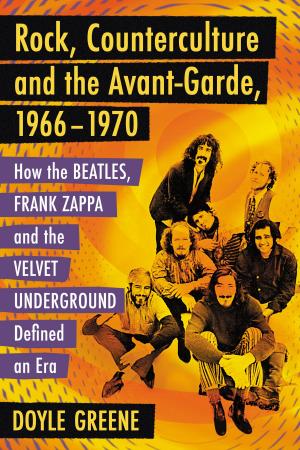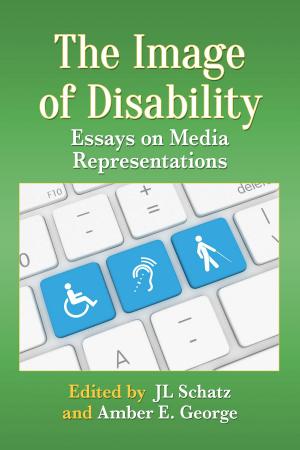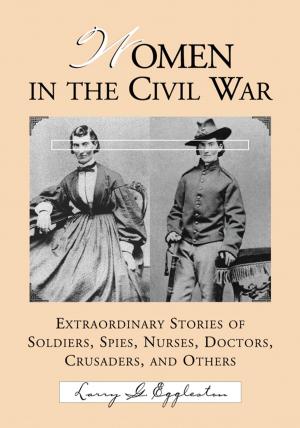Philadelphia Quakers and the Antislavery Movement
Nonfiction, Social & Cultural Studies, Social Science, Cultural Studies, African-American Studies, History, Americas, United States, Religion & Spirituality| Author: | Brian Temple | ISBN: | 9781476615776 |
| Publisher: | McFarland & Company, Inc., Publishers | Publication: | May 23, 2014 |
| Imprint: | Language: | English |
| Author: | Brian Temple |
| ISBN: | 9781476615776 |
| Publisher: | McFarland & Company, Inc., Publishers |
| Publication: | May 23, 2014 |
| Imprint: | |
| Language: | English |
The Quakers came to America in the 17th century to seek religious freedom. After years of struggle, they achieved success in various endeavors and, like many wealthy colonists of the time, bought and sold slaves. But a movement to remove slavery from their midst, sparked by their religious beliefs, grew until they renounced the slave trade and freed their slaves. Once they rejected slavery, the Quakers then began to petition the state and Federal governments to do the same. When those in power turned a blind eye to the suffering of those enslaved, the Quakers used both legal and, in the eyes of the government, illegal means to fight slavery. This determination to stand against slavery led some Quakers to join with others to be a part of the Underground Railroad. The transition from friend to foe of slavery was not a quick one but one that nevertheless was ahead of the rest of America.
The Quakers came to America in the 17th century to seek religious freedom. After years of struggle, they achieved success in various endeavors and, like many wealthy colonists of the time, bought and sold slaves. But a movement to remove slavery from their midst, sparked by their religious beliefs, grew until they renounced the slave trade and freed their slaves. Once they rejected slavery, the Quakers then began to petition the state and Federal governments to do the same. When those in power turned a blind eye to the suffering of those enslaved, the Quakers used both legal and, in the eyes of the government, illegal means to fight slavery. This determination to stand against slavery led some Quakers to join with others to be a part of the Underground Railroad. The transition from friend to foe of slavery was not a quick one but one that nevertheless was ahead of the rest of America.

